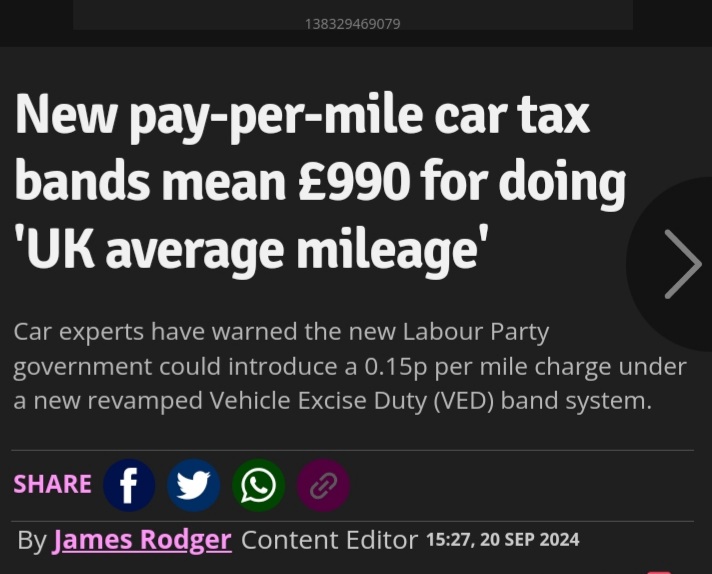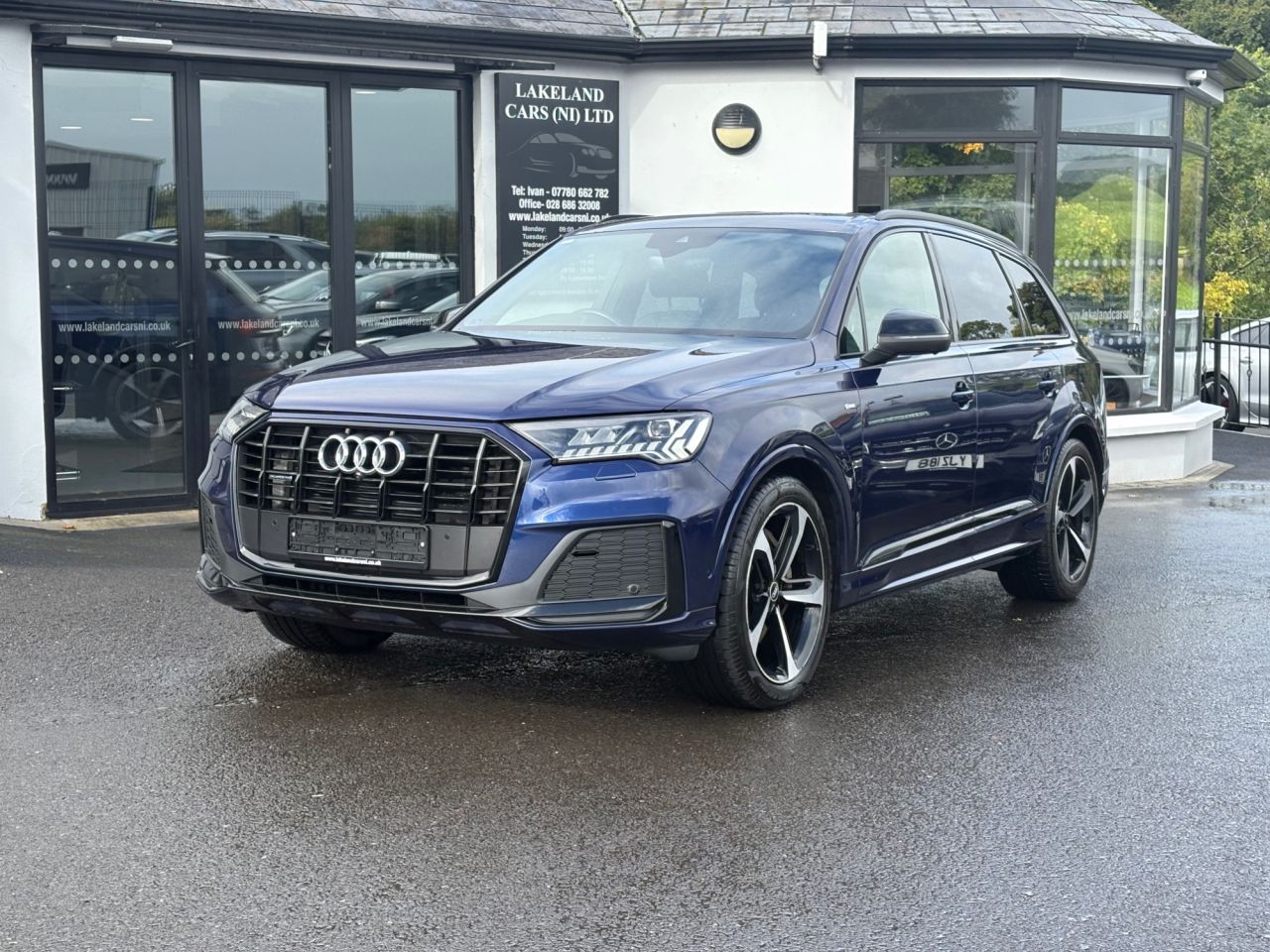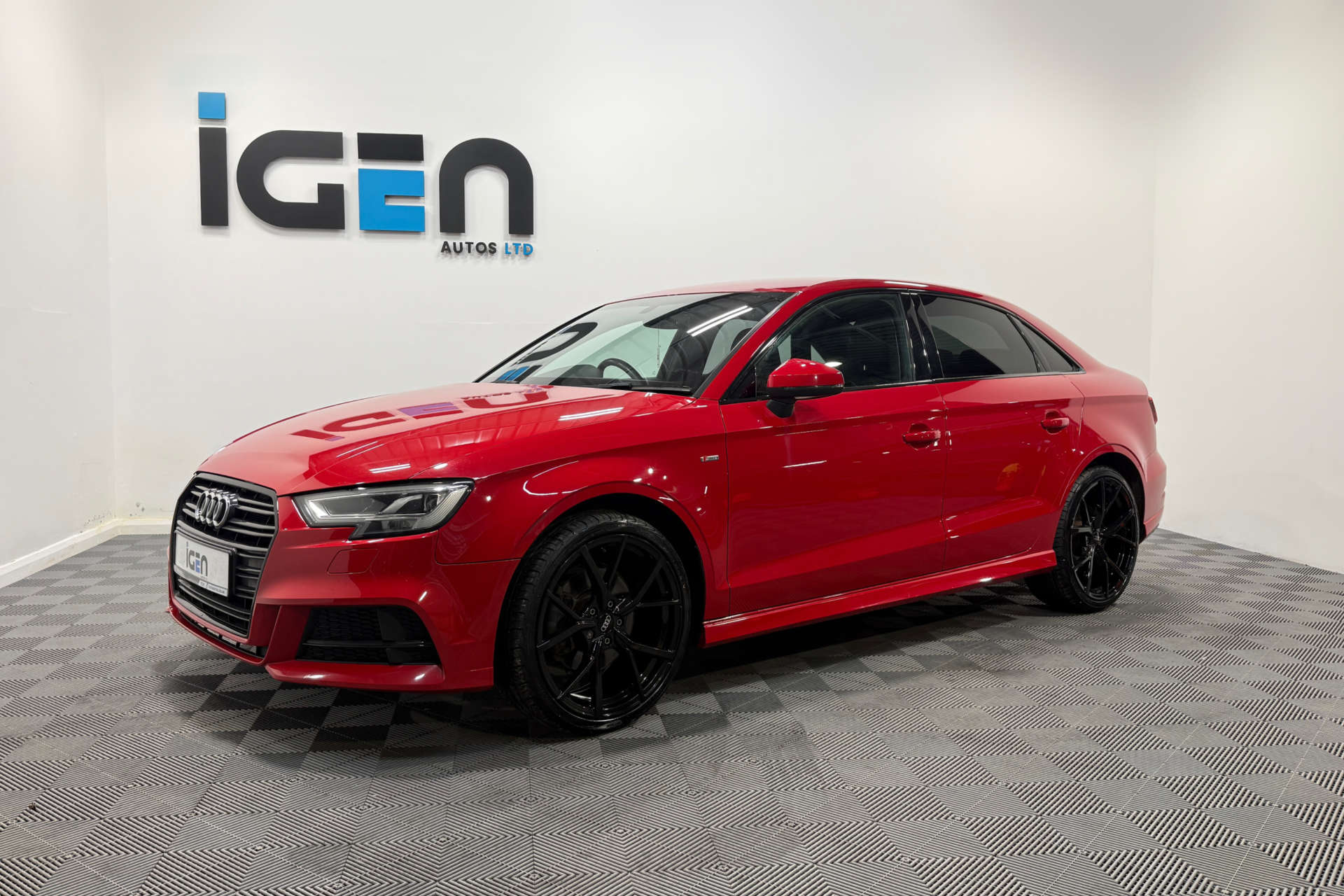How to Tax Your Car in Northern Ireland: A Step-by-Step Guide
Introduction to Vehicle Tax in Northern Ireland
In Northern Ireland, taxing your car is a legal requirement if you use or keep your vehicle on public roads. Vehicle Excise Duty (VED), commonly known as car tax, is managed by the Driver and Vehicle Licensing Agency (DVLA) in Swansea, unlike other vehicle-related services handled by the Driver & Vehicle Agency (DVA) in Northern Ireland. Whether you’re a lifelong resident or new to NI, this comprehensive guide will walk you through the process of taxing your car, including what documents you need, how to pay, and tips for a smooth experience. This SEO-optimised blog post is designed to help you navigate the process and rank highly for searches like “how to tax your car in Northern Ireland” or “car tax Belfast.”
Why Is Vehicle Tax Important?
Car tax ensures your vehicle is legally registered to be driven or kept on public roads in Northern Ireland. Here’s why it matters:
Legal Requirement: Driving without valid car tax can result in fines of up to £1,000 or vehicle clamping/removal.
Road Safety and Compliance: Taxing your vehicle requires a valid MOT (for vehicles over four years old) and insurance, ensuring your car meets safety and legal standards.
Environmental Considerations: Tax rates are based on CO2 emissions, encouraging greener driving habits. Electric vehicles currently pay £0 tax, but this will change from 1 April 2025.
Let’s dive into the step-by-step process to tax your car in Northern Ireland.
Step-by-Step Guide to Taxing Your Car in Northern Ireland
1. Check If Your Vehicle Needs Tax
Who Needs to Pay?: Every vehicle used or kept on a public road in Northern Ireland must be taxed unless it’s exempt (e.g., vehicles over 40 years old or used exclusively by disabled individuals with specific benefits).
Exemptions: If you’re exempt (e.g., due to disability or an electric vehicle until 31 March 2025), you must still register your vehicle as taxed with the DVLA. From 1 April 2025, electric and low-emission vehicles will pay standard rates (£20–£195 annually, depending on emissions).
Statutory Off-Road Notification (SORN): If your vehicle is kept off-road, you must declare a SORN instead of taxing it. Apply online at www.gov.uk or at a Post Office.
2. Gather Required Documents
To tax your vehicle, you’ll need one of the following:
V5C Registration Certificate (Logbook): Contains the 16-digit reference number needed for taxing.
V11 Tax Reminder Letter: Issued by the DVLA, includes the 16-digit reference number.
V5C/2 New Keeper Supplement: A 12-digit reference number for newly purchased vehicles (if you don’t yet have a V5C in your name).
Additional Requirements in Northern Ireland:
A valid paper copy of your insurance certificate or cover note (digital copies on phones are not accepted at Post Offices).
A valid MOT certificate (for vehicles over four years old), valid from the date your tax starts. It may take up to 2 days for MOT details to update in the DVLA database, so plan ahead.
If exempt due to disability, bring your Exemption Certificate.
No Documents?: If you’ve lost your V5C or V11, apply for a replacement V5C (£25) using a V62 form at a Post Office that handles vehicle tax. You can tax your vehicle during this process.
3. Choose How to Tax Your Vehicle
You can tax your vehicle online, by phone, or at a Post Office. Here’s how:
Option 1: Online at GOV.UK
Website: Visit www.gov.uk/tax-vehicle.
Steps:
Enter the 16-digit reference number from your V5C or V11, or the 12-digit number from your V5C/2.
Verify your vehicle’s tax status and select payment duration (6 or 12 months).
Pay using a debit/credit card or set up a Direct Debit (5% surcharge for 6-month or monthly payments).
Provide your email and mobile number to confirm the transaction.
Benefits: Available 24/7, quick (3–5 minutes), and you can tax even without a V5C or V11 if you apply for a replacement V5C simultaneously.
Note: Ensure your MOT and insurance details are up-to-date with the DVLA. From 1 April 2025, electric vehicles will require payment based on new VED bands.
Option 2: By Phone
Phone Number: Call the DVLA at 0300 123 4321 (24/7 automated service, local rate).
Steps:
Provide the same reference number as above.
Pay by debit/credit card (Direct Debit not available by phone).
Benefits: Quick and convenient for those without internet access.
Note: Have your reference number and payment details ready.
Option 3: At a Post Office
Find a Post Office: Use the Post Office Branch Finder at www.postoffice.co.uk to locate a branch that handles vehicle tax (not all do).
Documents Needed:
V5C, V11, or V5C/2.
Valid MOT certificate (if applicable).
Paper copy of insurance certificate or cover note (mandatory in Northern Ireland).
Exemption Certificate (if applicable).
Payment Options: Cash, cheque, debit/credit card, or postal order. Direct Debit is available but incurs a 5% surcharge for non-annual payments.
Benefits: Ideal for those preferring in-person services or needing a V62 form for a lost V5C.
Note: Some Post Offices, like Belfast City Centre, may require printed insurance documents, as digital copies have been rejected recently.
4. Understand Tax Rates
Tax Bands: Rates depend on your vehicle’s registration date, fuel type, and CO2 emissions:
Pre-1 March 2001: Based on engine size (£200–£345 annually for 2025).
1 March 2001–31 March 2017: Based on CO2 emissions (£20–£675 annually). Vehicles under 100g/km pay £20 from 2025.
Post-1 April 2017: Zero, standard (£195), or premium rates, plus a £355 supplement for vehicles over £40,000 (for 5 years).
Electric Vehicles: £0 until 31 March 2025; from 1 April 2025, pay £20–£195 depending on registration date.
Check Rates: Use www.gov.uk/vehicle-tax-rate-tables or enter your registration number on checkcartax.com to find your vehicle’s tax band.
Payment Options: Pay annually, biannually (6 months, 5% surcharge), or monthly by Direct Debit (5% surcharge).
5. Confirm Your Tax Status
After payment, the DVLA updates its electronic database (no tax disc required since 2014). Check your tax status at www.gov.uk/check-vehicle-tax using your registration number.
Keep a copy of your V5C/2 or V5C/3 in the vehicle while driving, especially if you’ve just taxed it, as it may take 5 days for the DVLA database to update.
Key Tips for Taxing Your Car in Northern Ireland
Book Your MOT Early: Since a valid MOT is required (for vehicles over four years old), book your MOT 4–6 weeks in advance at DVA test centres like Belfast Hydebank (0300 200 7862, 4 Hospital Road, BT8 8JL, Mon–Fri 8:00 AM–4:30 PM) or private garages like Kwik Fit Belfast (028 9032 3838, 142-148 Ormeau Road, BT7 2EB, Mon–Fri 8:30 AM–5:30 PM). High demand can lead to delays, especially in Belfast and Newry.
Print Your Insurance Certificate: Northern Ireland Post Offices require a paper copy of your insurance. Download and print it from your insurer’s portal to avoid being turned away.
Plan for Delays: MOT and insurance details may take 2–5 days to update in the DVLA system, so tax your vehicle a few days after your MOT if possible.
Check for Exemptions: If you’re disabled or drive an electric vehicle, confirm your eligibility for exemptions at www.gov.uk/vehicle-exempt-from-tax. Apply annually, even for £0 tax.
Avoid Fines: Driving without tax can lead to a £80–£1,000 fine or vehicle clamping. If you can’t tax due to MOT delays, consider a SORN to avoid penalties.
Newly Purchased Vehicles: Tax your car before driving it home using the V5C/2’s 12-digit reference number. For example, visit Ryco MOT Centre (028 3026 3222, 37-39 Merchants Quay, Newry, BT35 8HE, Mon–Fri 8:30 AM–5:30 PM) for MOT and tax services in one go.
Common Issues and Solutions
Lost V5C or V11?: Apply for a replacement V5C (£25) using a V62 form at a Post Office or online. You can tax simultaneously during the application.
MOT Not Updated?: Wait 2 days after your MOT test for DVLA records to update. If urgent, bring your MOT certificate to a Post Office.
Insurance Rejected?: Ensure you bring a printed insurance certificate, as some Post Offices (e.g., in Belfast) reject digital versions.
High MOT Demand: If MOT slots are unavailable (e.g., Newry DVA fully booked until July), check for cancellations at www.nidirect.gov.uk or opt for private garages like Lisburn Auto Centre (028 9267 5555, 15A Ballinderry Road, Lisburn, BT28 2SA, Mon–Fri 8:30 AM–5:30 PM).
FAQs About Car Tax in Northern Ireland
Can I tax my car without an MOT?
No, vehicles over four years old require a valid MOT certificate (valid from the tax start date). Book early at centres like DVA Derry (0300 200 7862, Altnagelvin Industrial Estate, BT47 2ED, Mon–Fri 8:00 AM–4:30 PM).
Can I tax a Northern Ireland-registered car in England, Scotland, or Wales?
Yes, you can tax an NI-registered vehicle anywhere in the UK, as the DVLA manages VED UK-wide. Use your V5C or V5C/2 at any Post Office or online.
What if I can’t get an MOT due to high demand?
From 1 June 2025, you may receive a Temporary Exemption Certificate (TEC) if MOT slots are unavailable, extending your tax validity. Contact DVA via www.nidirect.gov.uk to confirm eligibility.
How much will I pay for car tax?
Depends on your vehicle’s CO2 emissions and registration date. Check rates at www.gov.uk/vehicle-tax-rate-tables. Electric vehicles are £0 until 31 March 2025, then £20–£195 from 1 April 2025.
Can I drive to the Post Office to tax my car?
Yes, you can drive to tax your vehicle on the same day, as tax backdates to the start of the month. Ensure you have insurance and a valid MOT (if required).
Conclusion: Tax Your Car with Ease
Taxing your car in Northern Ireland is straightforward with the right documents and planning. Whether you choose to tax online, by phone, or at a Post Office, ensure you have a valid MOT, printed insurance certificate, and the correct reference number from your V5C, V11, or V5C/2. By booking your MOT early at centres like DVA Armagh (0300 200 7862, 161-163 Hamiltonsbawn Road, BT60 1DN, Mon–Fri 8:00 AM–4:30 PM) or Glenshane MOT Centre (028 7130 1222, 142 Glenshane Road, Derry, BT47 3EN, Mon–Fri 8:30 AM–5:30 PM), you can avoid delays and keep your vehicle legal.
Ready to tax your car? Visit www.gov.uk/tax-vehicle for online taxing, call 0300 123 4321, or head to a Post Office with your documents. Share this guide with friends and family in Northern Ireland to help them stay road-legal, and follow us for more NI-specific automotive tips!
Call to Action
Tax Your Car Now: Go to www.gov.uk/tax-vehicle or visit a local Post Office. For MOT and tax services, contact Charles Hurst Belfast (028 9038 3400, 62 Boucher Road, BT12 6LR, Mon–Fri 8:00 AM–5:30 PM).
Share This Guide: Spread the word on social media with hashtags like #CarTaxNI or #BelfastCarTax.
Get in Touch: Have questions about taxing your car? Contact us or the DVLA at 0300 123 4321 for support.








.jpg)
